This is both a training and a communication topic. A single question this time, but with a big impact and controversy. The question had to come up sooner or later–one that I was afraid I’d have to answer as a trainer and a speaker. Why Toastmasters, a great international organization that helps people learn public speaking and leadership skills, is not the place to learn how to conduct presentations or training for your business? Before we begin, this is not a piece promoting or disrespecting the work of Toastmasters. It is a discussion of the pros and cons.
Why this fits the training and communication category should be obvious. What is interesting is that as soon as this question was asked on LinkedIn, there was a storm of somewhat heated replies in both directions. For Toastmaster advocates, it may seem insulting to those who began learning with or are still with toastmasters today. For others who feel the organization, even with all of its more than 260,000 members is not the place to learn all there is about public speaking, that are other, better options. While I agree with the latter that Toastmasters is not the place to learn it all, there is no place to learn it all. And there’s always more to an opinion.
Within such an organization, the competitions are fine for getting that adrenaline rush, but is it a sufficiently different environment to turn speaking practice into experience.
As trainers or speakers, the basics are the basics, only the approach and focus are different. Anyone or any organization that claims to have the best way to learn public speaking should know better. There obviously many good programs out there, and some may not even resemble each other and are equally effective. Competition drives innovation and new ways of looking at things so let’s not knock the debate. The debate gets messy with some seeking to win the upper hand where there should be no winners. The debate’s result will ultimately help others.
It doesn’t matter where the basics come from. The best learning is always self-motivated and not propelled by others. There are no easy answers. There are good, better and maybe even best answers–but some may be more up to a specific task than others.
I say Toastmasters is a great hobby and a place to find help if you need the basics. It’s also a great support group and social group. It doesn’t work for everyone–especially those introverts, who don’t get energy being around others socially.
Public speaking, presenting or training is not a competition. The object is dynamic communication. Practice helps, but experience rules in the end.
Toastmasters is a place where a speakers or wannabe speakers can find like-minded individuals, learn about public speaking at their own pace, rub elbows with others, and thrive on their own time. It is social; so you have to appreciate that part of it. There are contests; so you have like competing or at least watching. Without competing though, you might lose the “training and practice” you need to develop a naturalness of delivery–essential in good communication. Within such an organization, the competitions are fine for getting that adrenaline rush, but is it a sufficiently different environment to turn speaking practice into experience. Public speaking, presenting or training is not a competition. The object is dynamic communication. Practice helps, but experience rules in the end.
I have judged speaking contests at Toastmasters, but that was before a rule I was just told about. Apparently now, even though I am an accomplished professional speaker and communicator as well as an educator in speech, that I wouldn’t be given that honor now unless I was a certified Toastmaster judge myself. There is something wrong here. Did I mention my graduate degree is in performance criticism, which means I also know how to talk with people about performance? I’m not a meanie just because I have “critic” attached to my occupation. Critic does not translate to attacker. That doesn’t mean I look only at negatives. Another blog maybe, but I won’t trash the Toastmaster organization; it encourages good communication skills–even if the group itself can’t always deliver them–because that depends on the group’s make-up itself.
I’m sure there are certificates and trophies for the best speakers and the best Toastmaster groups. I’m sure the groups have had a hand in helping many people become confident speakers and leaders in their communities; however, each group is only as good as its membership, which can vary greatly in experience and general education.
Toastmaster organizations are all over and are various sizes. Some, like a big city organization, will have a more sophisticated membership in terms of experience than one in a small town. That group may already have experienced speakers at many levels of expertise. One-size does not fit all.
What I learned about communicating I learned because I wanted to, not because someone told me how to do it. I learned what not to do as well by watching others.
Speakers and trainers compare the relatively inexpensive Toastmaster experience of paying thousands and not getting anything out of seminars or individuals claiming to have the ten things to make us great speakers. What about coaches? It seems these days, anyone who can make a buck speaking, thinks they can coach. They know what works for them. Maybe they do conduct classes in public speaking, or teleseminars as I talked about in my last post. Public Speaking 101 or something else. There is nothing wrong with PS 101 either; it depends on who is teaching it. Who inspires you. Who motivates you. They might be a Toastmaster, or not.
Public speaking and all the basics are available all over. Learn it wherever you learn it, practice it, observe what works, ask questions. I didn’t learn all that I know about speaking in speech class. There was every other class I was in and every experience I had relating to the subject. There was every speaker or trainer I learned from and was impressed with. There were teachers. There were colleagues. There were Presidents. All role models–not professional speakers or coaches.
Any psychologists or sociologists at Toastmasters? Teachers? Trainers Maybe. They all know something about communication. Education itself is about communication. You have to know about your world–what makes it tick–what makes people tick in order to communicate effectively. A How-To? Making a buck. A video? Another way to make a buck. A teleseminar, a webinar? All to pay the teacher. Not that we know we haven’t a right to make a living on, but I don’t think we do it at the downgrading of anyone else doing it differently. It smacks of exterminators telling us about other exterminators who won’t do what they do, which, of course, is better. Buyer beware. This is not about your entrepreneurial dreams.
What I learned about communicating I learned because I wanted to, not because someone told me how to do it. I learned what not to do as well by watching others. Toastmasters are doing a form of mentoring–mentoring speakers.
Just because someone is a professional actor or speaker doesn’t mean that person can teach me all I need to know.
There are good groups out there, good coaches, too; but I’m sorry, being a Toastmaster does not impress me–anymore than being a community theatre actor means you know the business of acting–even if you are a great actor. Nor does a professional actor immediately tell me that person can teach me all I need to know. All groups are simply not created equal, but all can serve to help us be better communicators if we pay attention to the differences. Someone said that Toastmasters struck them as an organization for public speaking “amateurs,” while an organization like the National Speakers Association concerned itself with “professionals.” It is a valid analogy. I agree, to a point.
Because someone is a “professional” anything doesn’t mean he or she has the ability to transfer that knowledge and skill set to someone else. That’s why it’s important to interview a trainer or speaker and find out what they are about and see them in action if you can. A National Speakers Association member meets the standard for membership if they have been paid to speak and pay their dues–not if they are the the best. The best speakers and teachers may do it for free and never seek membership. In the same way, certification is only as good as the person who came out of the training. The certificate only indicates they completed a course of study.
A good trainer, coach or teacher can help someone learn by teaching them ways to learn and observe on just about any subject. They don’t have to be a subject-matter expert always. It’s helpful, but maybe just as helpful to learn it yourself by researching and asking key questions.
 If we join the Rotary, the Masons, the Elks or any other social service organization, we can capitalize on the benefits of public speaking and leadership. Toastmasters is a little more specific in that it does focus on public speaking and leadership. I haven’t seen any claims that teaches the art of communication because I don’t think it goes that far. It stays with the basics and leaves the psychological, sociological and communication theory to others, opting instead for practical application. If I am a professional coach, speaker or trainer, I need to know more than practical application. I need to know what’s behind it so I can help my clients see the world as I do and connect.
If we join the Rotary, the Masons, the Elks or any other social service organization, we can capitalize on the benefits of public speaking and leadership. Toastmasters is a little more specific in that it does focus on public speaking and leadership. I haven’t seen any claims that teaches the art of communication because I don’t think it goes that far. It stays with the basics and leaves the psychological, sociological and communication theory to others, opting instead for practical application. If I am a professional coach, speaker or trainer, I need to know more than practical application. I need to know what’s behind it so I can help my clients see the world as I do and connect.
I am a performance critic and I have to say the definition that most people think of makes a strong point for my case–that what a critic does or critique does is often thought of in simplistic terms in the eye of the beholder–especially if we have a certificate, a prestigious membership or are a member of an International organization called Toastmasters. In the eye of a critic, it’s not so simple.
In my world, anyone can do an evaluation based on a set of criteria. The critique is more involved, more analytical and more helpful because it is presented the way a professional critic presents it. If we can put on so many layers or take take layers off of a definition, why not a subject like public speaking, to make it anything we can sell is valid. The idea should not be to come up with what to do or what not to do to be “the speaker you want to be,” but how can we help speakers arrive at that solution from within.




Leave a Reply
You must be logged in to post a comment.